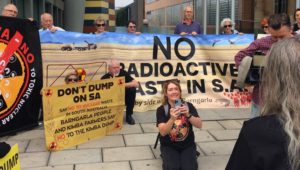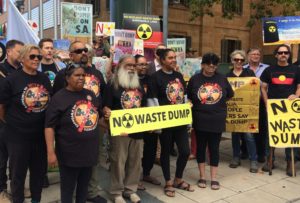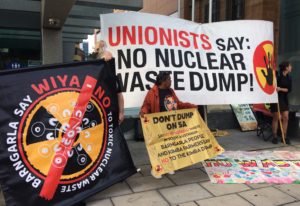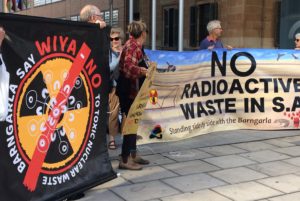New report from lock the gate…
A new report by renowned environmental scientist Emeritus Professor Ian Lowe finds that methane emissions from coal, oil and gas facilities make up ~70% of total greenhouse gas emissions covered under the federal Safeguard Mechanism (SGM), when the global warming impact is calculated over a 20-year period. Methane devastates the climate. It is 85 times more potent than CO2 over 20 years.
Accounting responsibly for the severe short-term warming impact of methane emissions shows that coal mining is by far the biggest emitter of all heavy industries covered by the Safeguard Mechanism in Australia currently, followed by oil and gas.
The report, “Short-term warming effect of methane from fossil fuels and implications for the Safeguard Mechanism”, also finds that the unlimited use of carbon offsets by methane-emitting facilities allowed under the SGM is irretrievably flawed. There is no technically feasible way to draw down methane from the atmosphere and no “like for like” offsetting is possible.




